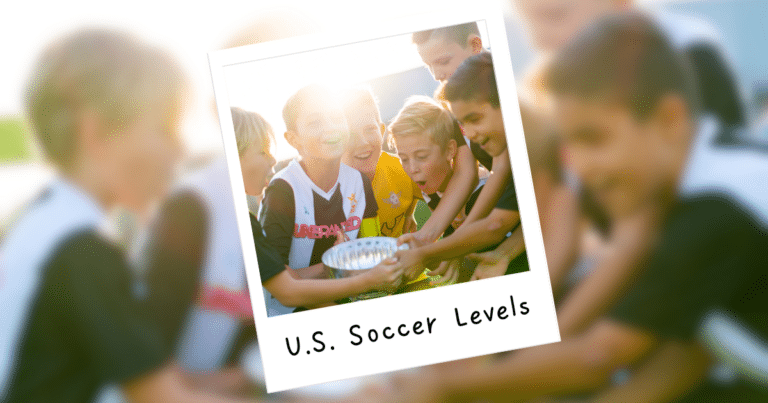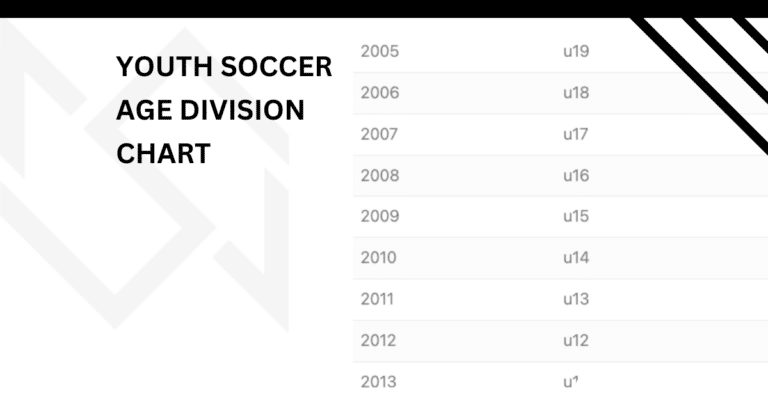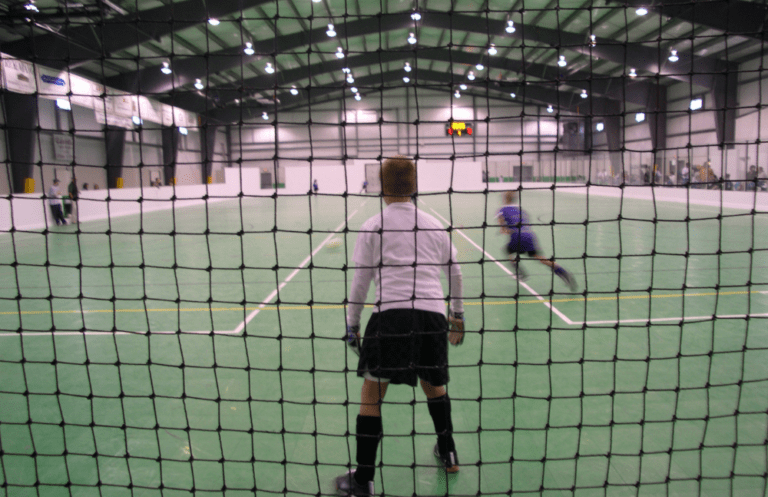Does Winning Matter in Youth Soccer? Maybe!

What’s more important…winning soccer games or developing players? While one can give you short-term satisfaction, the latter is often considered the ultimate goal.
Here’s my not-so-hot take. While winning can be a motivator and provide a sense of accomplishment, it shouldn’t be the only focus. Youth soccer should be about development, both on and off the field. Players should be encouraged to improve their skills, learn teamwork, and develop good sportsmanship. Winning should be seen as a byproduct of hard work and dedication, rather than the sole purpose of playing.
It’s important to remember that youth soccer is just that. It is for kids to play a sport they enjoy. For most players, it shouldn’t be about going pro. In fact, most kids you know will not even play college soccer. That’s just simple statistics.
By focusing on development, coaches, and parents can help our youth players develop a lifelong love of the game, as well as important life skills that will serve them well in the future.
Philosophy of Youth Soccer
As a coach, you play an important role in influencing what a player perceives as their pathway. Youth development should be the primary focus of any youth sports program. Winning is not the only measure of success, and it should not be the primary goal of youth sports. But, at the same time, it does help.
Defining Success in Youth Development
Success in youth development is not solely measured by wins and losses. Yes, winning feels great. But, it is important to focus on the long-term development of players, both on and off the field.
Youth sports allow children to learn important life skills such as teamwork, communication, and perseverance. These skills are not only important in sports but also in everyday life.

As a coach, you should focus on creating a positive and supportive environment for your players. Encourage them to take risks and learn from their mistakes. Celebrate their successes and help them learn from their failures. By focusing on the development of your players, you will create a culture of growth and improvement.
If you can establish this at a young age, all of your players will be better players and people. This type of approach is contagious!
Long-Term Player Development vs. Immediate Results
In youth sports, it is important to focus on long-term player development rather than immediate results. While winning may provide short-term satisfaction, it does not necessarily lead to long-term success. A focus on winning at all costs can be detrimental to the development of young athletes.
As a coach, you should celebrate the result and reward effort and mindset. I would rather have a kid that is positive and hard working over a player who is determined to win.
By focusing on long-term player development, you will create a program that is sustainable and successful in the long run. Try not to focus on your best players. Instead, develop all the players and challenge the better ones.
Impacts of Emphasizing Winning
I do think wanting to win is a great attribute. However, overemphasizing winning can have several negative impacts on young athletes. T
his section explores the psychological effects on young athletes, the influence on skill development and enjoyment, and the parental and coaching perspectives on winning.
Psychological Effects on Young Athletes
When winning becomes the sole focus in youth soccer, young athletes may experience increased pressure and stress, which could potentially result in anxiety and burnout.
They may also develop a fixed mindset, where they believe that their abilities are predetermined and unchangeable. This can lead to a fear of failure and a lack of willingness to take risks, which are essential for skill development.
I’ve seen this happen many times with players. Players are so focused on winning that when things get tough (multiple losses in a row), they get discouraged and start the blame game. Once they start blaming themselves, it’s game over.
Parental and Coaching Perspectives on Winning
Parents and coaches often have a significant influence on young athletes’ perspectives on winning.
I think we need to all be better at this. Let’s not let winning and losing determine how car rides will be. Instead, let’s wait it out for a period and talk about what went right and what your child can work on next time.
When parents and coaches place too much emphasis on winning, young athletes may feel pressure to perform and may become overly focused on the outcome rather than the process. This can lead to a decrease in confidence and a lack of enjoyment in the sport.
Dealing with a Youth Coach that Only Wants to Win

We’ve all experienced or seen coaches who will go to great lengths to win at all costs. Whether it’s 7-year-olds or college, it’s the same theme.
Here are some tips for dealing with a youth coach who only wants to win:
1. Communicate with the Coach
It’s essential to communicate with the coach and express your concerns about their approach. Be respectful and make sure to listen to the coach’s point of view as well. Try to find common ground and discuss ways to balance winning with player development.
Tread lightly here and focus the conversation on the team rather than your child.
2. Focus on Player Development
As a parent, you can also focus on your child’s development by providing support and encouragement.
Encourage your child to focus on their own progress and not just the outcome of the game. Help them set personal goals, and celebrate their successes, no matter how small.
Teach your child to have a long-term perspective. Rather than peaking at 10, encourage them to develop their game and peak at 25.
3. Consider Switching Teams
Sometimes a coach is way too much. They may be berating kids if they make one mistake. Or, they have given up on the season and it shows. In these cases, you need to have your child’s best interest. Don’t be afraid to consider switching teams.
Oftentimes, the grass isn’t greener but the air is more refreshing.
The Feeling of Winning Goes Away
While winning can be a great feeling, it’s important to remember that it’s temporary. The excitement and euphoria of winning a game or tournament will eventually fade away. This is especially true for youth soccer players who are still developing their skills and abilities.
By focusing on skill-building and improving technique, players will be able to grow and improve over time. This will ultimately lead to more success in the long run, rather than just short-term wins.
The less stress a player feels, the more they will enjoy it. A little stress can be beneficial to propel them forward but when the chest tightens too much, it’s time to take a step back.
Since soccer is a sport, it should be treated like a game. It is a game anyone can get better at. Luckily, it requires very little equipment to improve. In fact, you don’t need anything but your body! Go out there, move that body, develop your skills, and prioritize your effort over everything else.

Written By: Beau Bridges
Beau is the founder of SoccerNovo, dedicated to helping players and parents navigate the youth soccer landscape. As a former youth coach and soccer parent, he shares insights on player development, recruiting, and the ever-evolving soccer scene in the U.S.
Let’s connect






